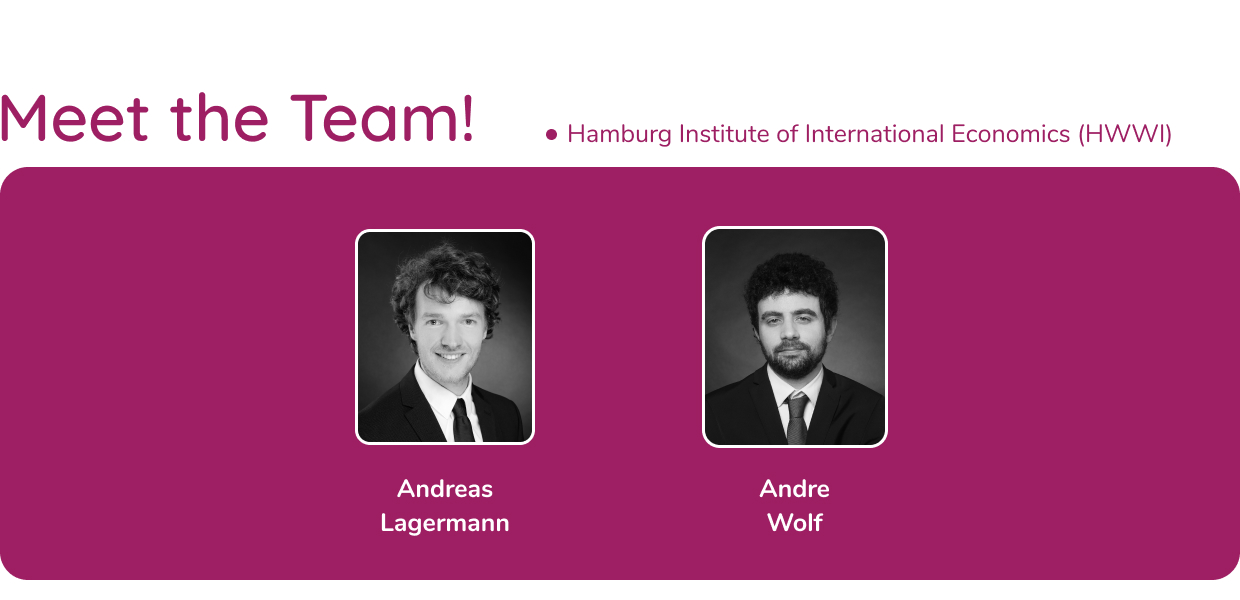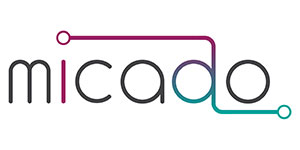
23 Jun Meet the Team – Hamburg Institute of International Economics (HWWI)
Meet the team interview
The Hamburg Institute of International Economics (HWWI) is an independent economic research institute that carries out basic and applied research while providing impetus for business, politics, and society. HWWI’s roots go back to 1908 when the Institute was founded by Hamburg merchants who wanted to understand the global economy, its state, and perspectives. In this regard, the HWWI is the oldest economic research institute in Germany. The Hamburg Chamber of Commerce is the sole shareholder of the HWWI. The Helmut Schmidt University is an associated scientific partner of the Institute.
Firstly, tell us a bit about the work you do at the Hamburg Institute of International Economics.
Andreas: My work at the HWWI focuses on statistical and econometric analyses in projects in the fields of labour, demography and education. Apart from scientific research, these projects provide input for political decision-making.
Andre: I work as a Senior Economist at the HWWI, with a focus on acquiring and managing research projects in the fields of International and Environmental Economics. Apart from scientific research, these projects provide input for political decision-making.
What was your motivation to developing/working in the MICADO project?
Andreas: The MICADO project will have a direct visible impact on migrant integration, which goes beyond many academic research projects.
Andre: My motivation rests on the belief that successful integration of migrants creates tremendous opportunities both for society and economy in host countries. Improving integration outcomes based on technical solutions is a challenge that requires the competence of a multidisciplinary project consortium, for which the MICADO project represents an ideal platform.
What do you think are the main challenges you will encounter during the MICADO project implementation?
Andreas: From a research perspective, the greatest challenge is to collect reliable data about migrants in the four MICADO domains at the local level.
Andre: One of the main challenges in the implementation of our app will be to convince the members of our target groups of their personal advantages associated with regular usage, while at the same time addressing fears concerning data abuse.
What do you hope to achieve by the end of the project?
Andreas: Breaking “data silos” in order to facilitate more detailed research.
Andre: I hope our consortium will finally deliver an application meeting the real-life needs of both migrants and public agencies in our partner cities.
What do you personally find most interesting/exciting about the project?
Andreas: Working in a great team with people from different countries and different backgrounds and experiencing that research is actually put into practice.
Andre: The experience of how one issue can be successfully tackled by integrating perspectives of different disciplines and job backgrounds.
